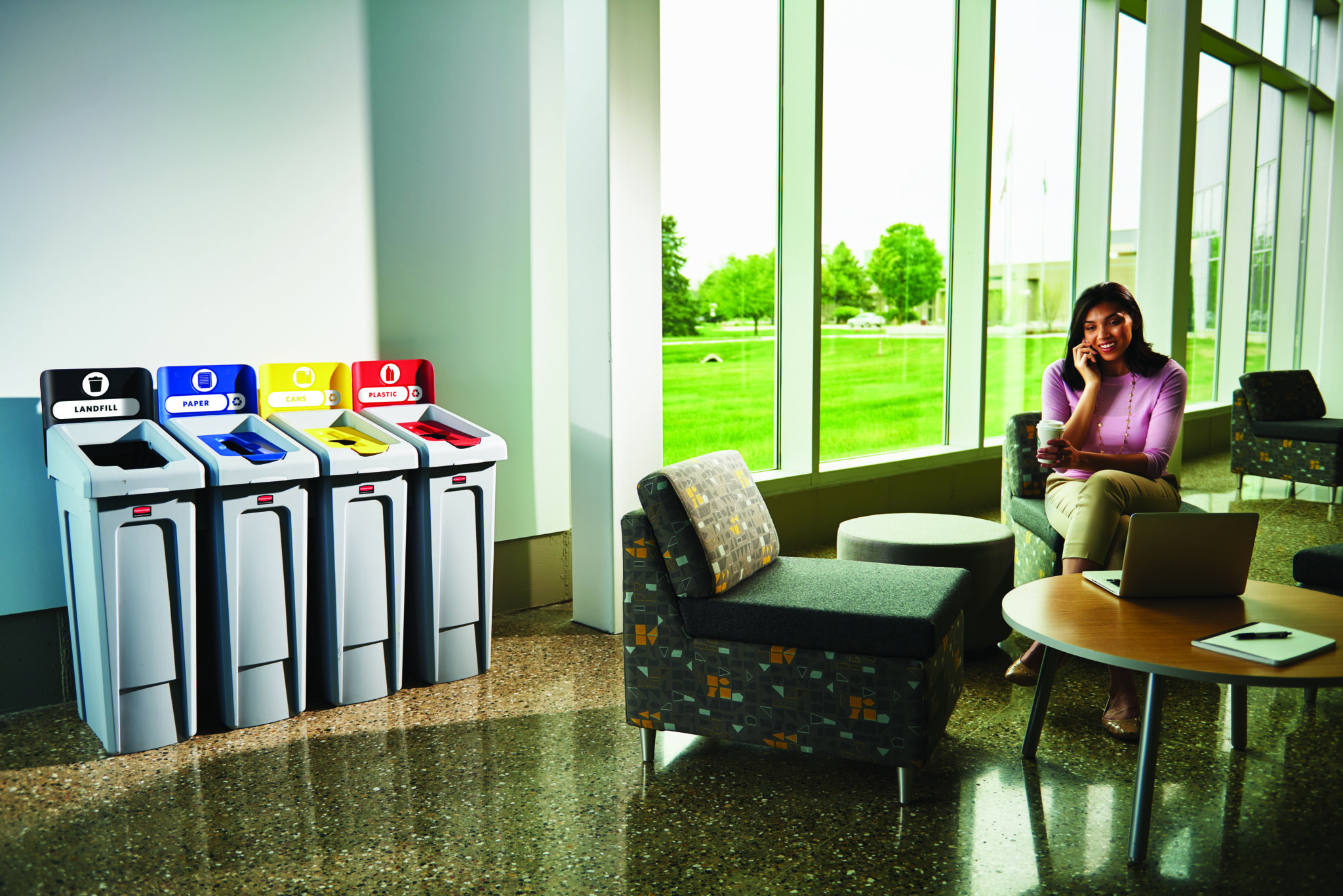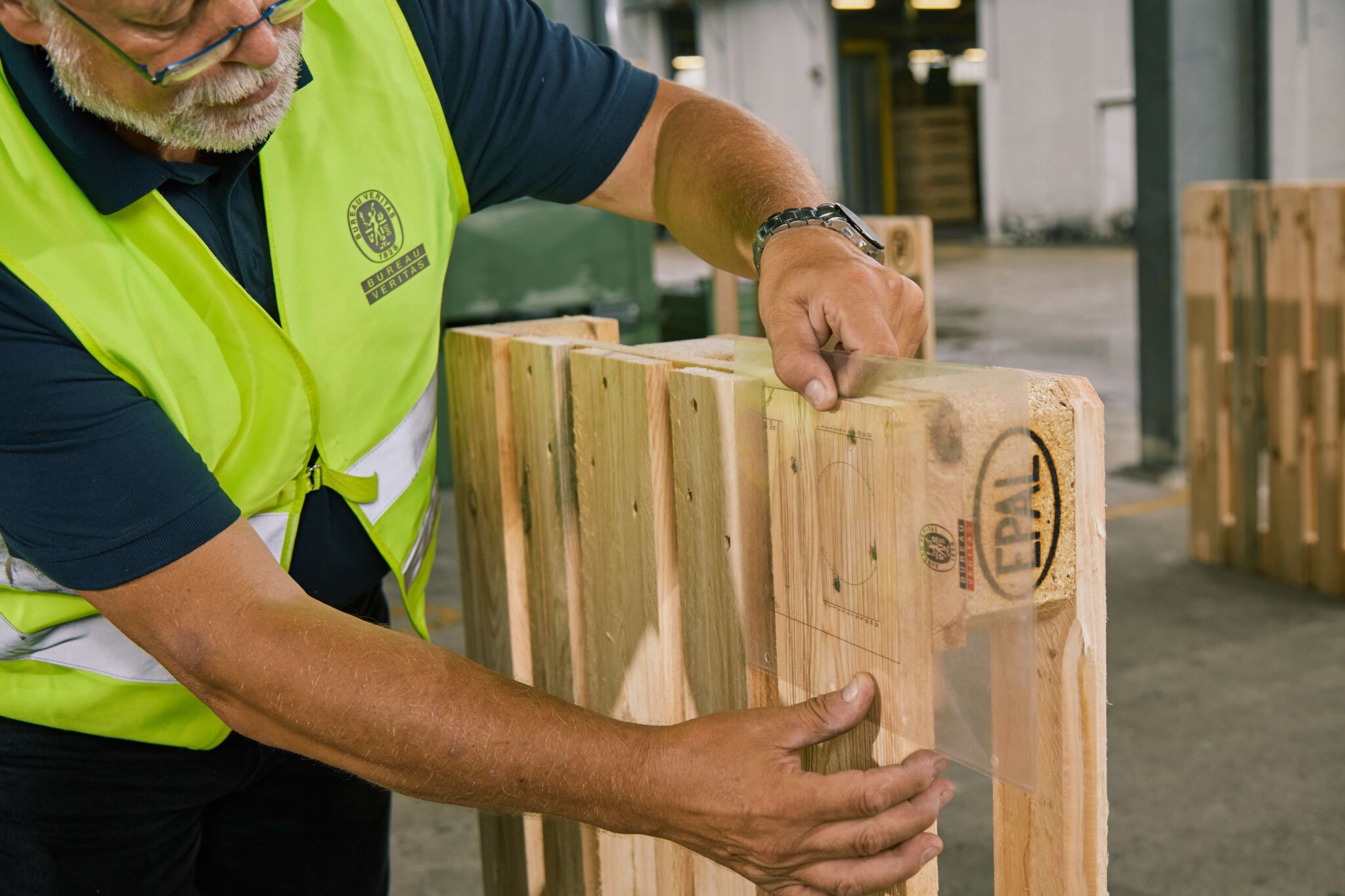The unprecedented number of Extended Producer Responsibility legislation that has been greenlighted since the advent of 2023 across Europe no doubt signals a new level of environmental awareness on a governmental, rather than merely social level, writes Elena Rotzokou (pictured), Global Extended Producer Responsibility (EPR) Researcher at Ecoveritas.
European legislative bodies have mobilized themselves en masse since March 2022, which is when several proposals aimed at product sustainability saw the light of day, most notably a circular economy business model. All these proposals fall under the ambitious purview of the European Green Deal, first approved in 2020, whose goal is to achieve incremental sustainable growth so that Europe becomes the first climate-neutral continent by 2050. Green Deal legislation has proven most adaptable to the times. In the face of an era of overwhelming environmental catastrophe, which has just been capped with the war in Ukraine, the European Commission has issued a matching response: the European Digital Product Passport (DPP) initiative.
What are digital product passports? As the term implies, each product placed by a business on the EU market will need to carry its individual information passport, access to which will need to be provided via a data carrier to a unique product identifier (UID). The EU aims for a 2026 date by which to implement the legislation across three industries: apparel, batteries, and consumer electronics – with more to follow. Food and pharmaceutical products will be excluded. Through data transparency and accessibility, the product passport initiative seeks to raise awareness and encourage environmentally friendly action across all parties involved in a product’s lifecycle: manufacturers, distributors, and end consumers.
The logistics behind product passport use might seem complicated at first glance but are, in fact, straightforward: all a consumer needs to do is scan the product QR code with their phone to access DPP information. To help businesses understand their role in effectively making those passports a reality, several data specification standards have already been established at this early stage to demystify the process. For example, digital links accessible through a unique product identifier will need to be added to the products themselves rather than outer packaging or tags. Interested parties should be able to access information relating to raw materials, manufacturers, distributors, retailers, and recycling options.
Traceability systems are to be in place to enable tracking all procedures leading from raw materials to the finished product. Measures will be taken to implement data collection and combination systems to meet the reporting requirements for the passports. Whoever on the supply chain brings a product to the market will carry the responsibility for guaranteeing DPP data accuracy.
As far as the packaging industry is concerned, a range of data availability requirements are expected pertaining, among other things, to product and product packaging weight and volume, durability, reusability, reparability, the presence of substances inhibiting circularity, energy and resource efficiency, recycled content, remanufacturing, waste generation, resource use, microplastic release, and carbon footprints.
Sustainable Growth
In addition to batteries, apparel, and electronics, there is pressure on more industries to adopt the DPP initiative, such as textiles (especially furniture), plastics, chemicals, construction, and automobile manufacturing. Since the 31st of January and until the 5th of December, the European Commission is conducting consultation on various product categories that will be impacted by this law, such as textiles and footwear, furniture, cosmetics, aluminum, plastic and polymer, paper, and glass.
Legislation pertaining to data accessibility and traceability information has already affected EPR laws for plastics, and so DPPs should be a crowning moment in what is already an unfolding process. If all obligated parties cooperate effectively, digital passports might come to be an inextricable part of products, to the point where, ultimately, all products come to life equipped with passports.
2026 is not far away and further guidelines are expected to start trickling in throughout the coming months to inform obligated businesses of how they should expect to be impacted by DPPs.
At Ecoveritas, we understand that this admirably ambitious initiative may seem daunting to most businesses, especially since requirement specifications are not widely available or clear at this point. Whatever the nature of your business, if you sell in-scope products to the EU, it is wise to start making steps towards coming to terms with what this piece of legislation entails and what you will need to do to comply in time and with all standards; and this is where we come in.
Ecoveritas has been and will continue to keep a close track of information on the Digital Passport Product initiative so as to ensure our clients are duly prepared to face their obligations when the time comes. If you expect to be affected by this law, get in touch with us today to learn more about our exclusive EPR matrix and rigorous consulting services.











